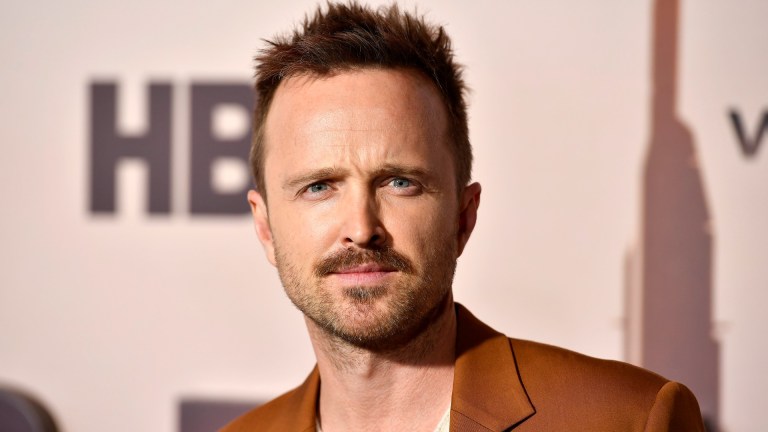Why Are Streaming Residuals Such an Important Part of the SAG-AFTRA Strike?
Residuals used to keep working actors afloat between gigs, but because of minuscule streaming payments, many struggle to make ends meet

SAG-AFTRA has been on strike since July 14, 2023 after the AMPTP failed to meet their reasonable terms for a new contract. Those terms included many things like protections against studios using AI to recreate performers’ likeness in perpetuity, fees for late payments made by the studios, and increase in penalties for productions not allowing adequate meal breaks or rest periods while on set. While all of these things are important and necessary for the union to continue fighting for, one of the issues that union members have been most vocal about is the need to update the residual payment process in the streaming era.
Actors from Sean Gunn to Mandy Moore have shared the pennies in payments they’ve received in streaming residuals from their major roles in popular shows like Gilmore Girls and This is Us. Aaron Paul is the latest to make headlines for how little he’s made in residuals, sharing from the picket line that he hasn’t received any money from Breaking Bad streaming on Netflix, even though the show has been popular among subscribers for years.
WGA strike captain Van Robichaux chimed in, saying that agent fees are part of why so many actors are receiving $0 payments. He explains that agents tend to negotiate for residual pre-payments on behalf of their client rather than a higher residual rate over time, which allows them to receive a larger payment up front that agents can then charge commission on. According to Robichaux, agents are supposed to disclose this to their clients, but he argues that if they did, then actors likely wouldn’t be so confused by their lack of residual payments.
However, just because agents may be gaming the system doesn’t mean that studios and streamers are off the hook. If they paid reasonable residual rates to begin with, both agents and actors could get the piece of the pie they deserve for their work.
As the streaming popularity of Suits has demonstrated, there’s not really a statute of limitations on when or how a project can become popular. The series has generated billions of minutes of views for Netflix and Peacock, and yet the actors likely won’t see any additional money from it, despite both Netflix and Peacock having ad-supported tiers that increase their revenue and could subsidize larger residual payments.
But the argument for increased residual payments in the streaming era isn’t because well-known and wealthy actors are trying to be greedy. They’re speaking up and striking because if they’re making virtually nothing from streaming services, then what about the other actors that worked on their projects? If Aaron Paul, one of the lead actors of Breaking Bad, is making $0 from the series streaming on Netflix, then how can we expect the guest actors to make a living wage?
Actors that aren’t making thousands to millions of dollars per project often rely on residual payments to live on in between gigs. Only 7% of union members make more than $80,000 per year, and only 14% make the $26,470 or more needed to qualify for SAG-AFTRA health insurance.
Everyone deserves to make a living wage for their work, especially when that job makes millions for CEOs. Actors and performers may seem like a privileged class, but the majority of them are people working paycheck to paycheck just like so many others right now. Streaming is a billion dollar industry that continually profits off of the work of actors and others behind the scenes, and they have every right to fight for fair compensation.
